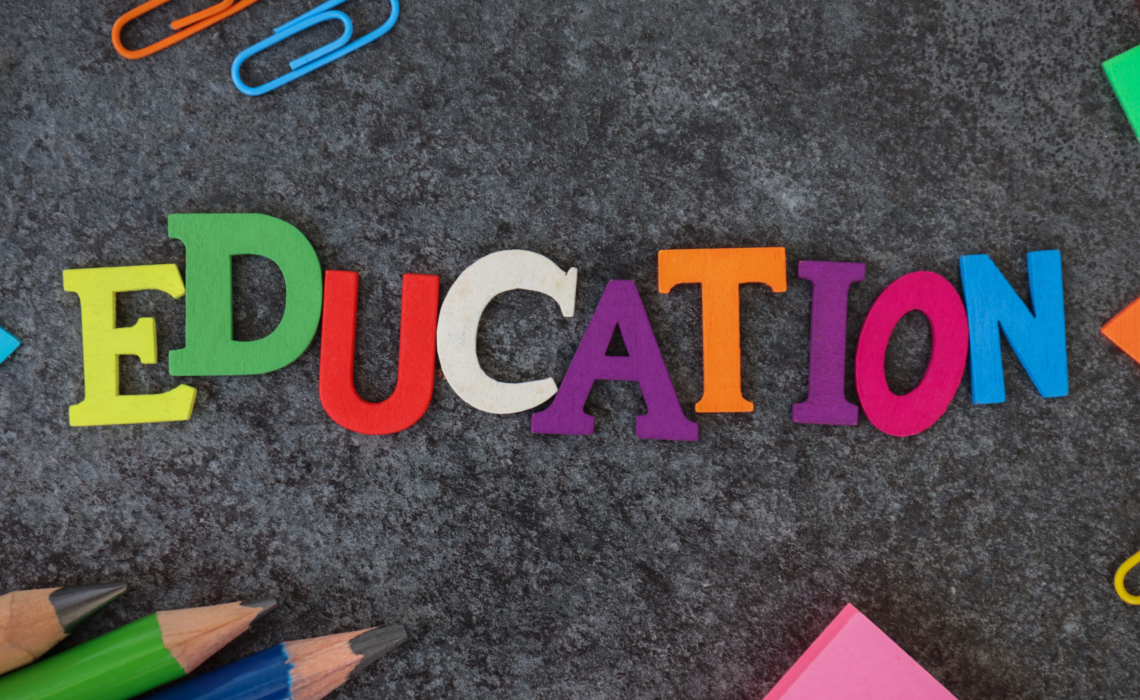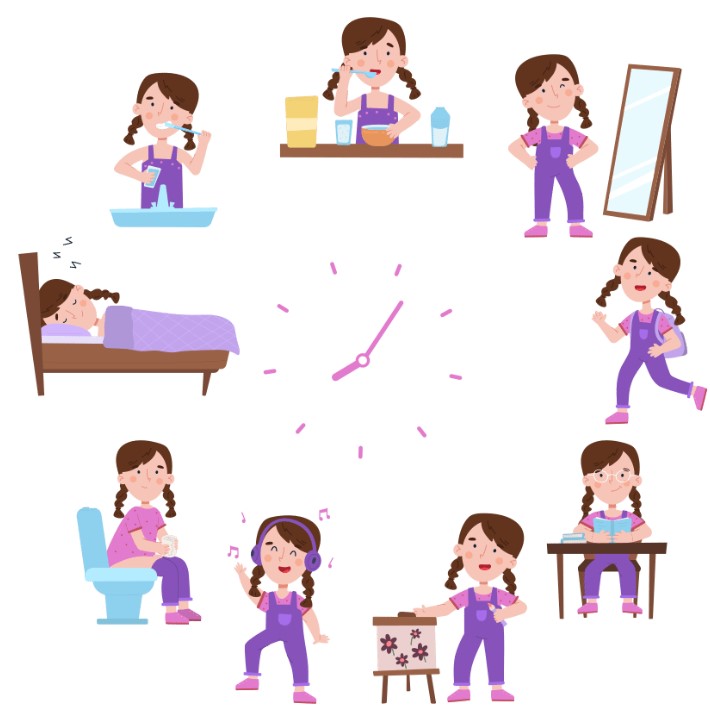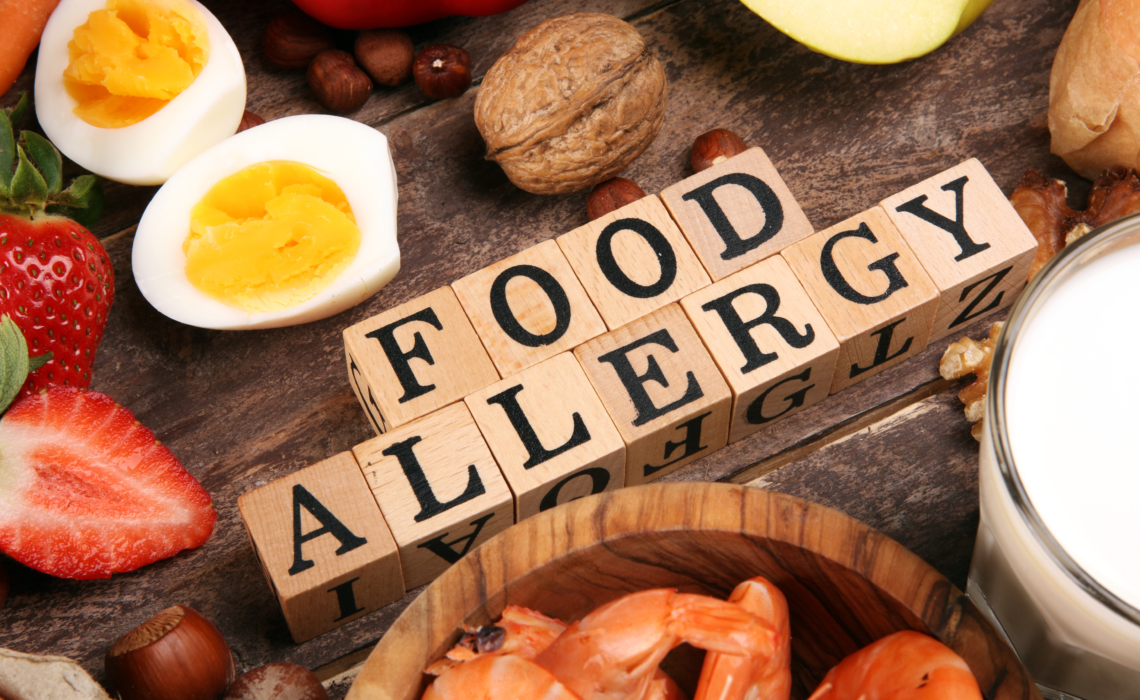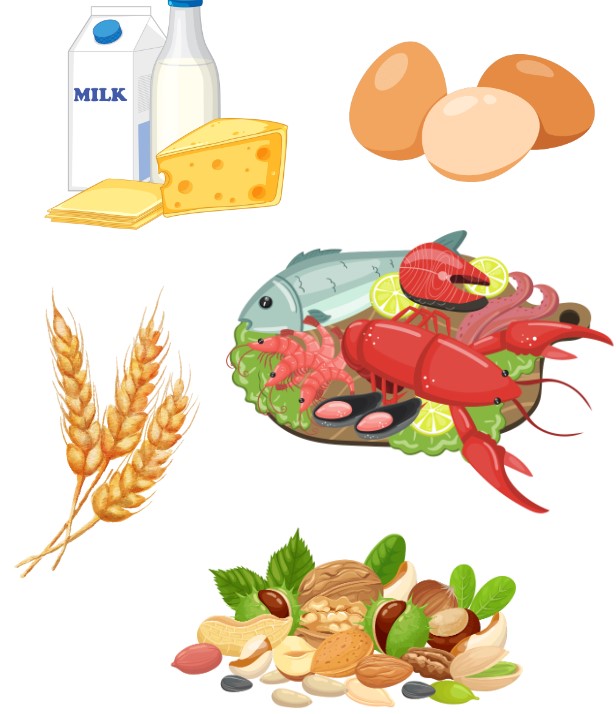BIOGRAPHY: Eunice E. Heredia-ColonFeatured
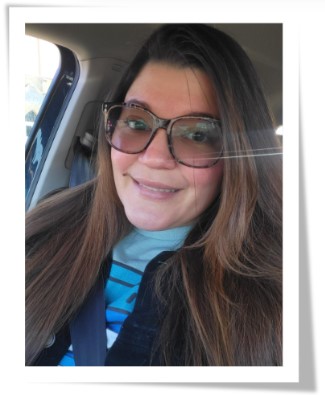
I was born in San Juan, Puerto Rico and currently residing in Milwaukee, Wisconsin. I am a wife and mother of 2 (Mateo and Marena) who fill my life with energy with their constant demands. As a family, we love spending time together: building Legos, letting our imaginations fly, playing board games, going for walks, or just enjoying each other’s company.
I am bilingual, with a bachelor’s degree in Special Education, specializing in visual impairments and with a second concentration in art education. Additionally, I have a master’s degree in educational administration and supervision.
I worked for three years in the public schools of Puerto Rico and, since 2013, I have been an elementary special education teacher at MPS. In 2015, being a mother for the first time, I identified a great need in the field of daycare.
That is why, in 2017, I founded Gardner Learning Center, LLC. My mission is to foster the educational and personal development of each child and staff member who is part of our facilities. Our program focuses on meeting the physical, social, and emotional needs of each child, providing them with a quality academic education to facilitate their transition to school.
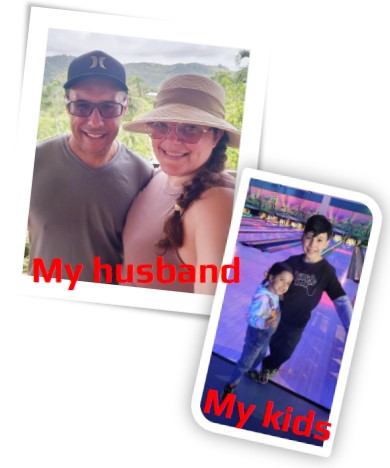
Seven years later, we remain committed to our vision of serving the early education community. That’s why we are working on opening a new daycare center by 2025. I continue to find immense joy and satisfaction in my daily work, caring for and accompanying children along with their parents.
In addition to being a childcare provider, I am a certified CPR instructor and facilitator of fundamental educational courses for working in daycare centers.
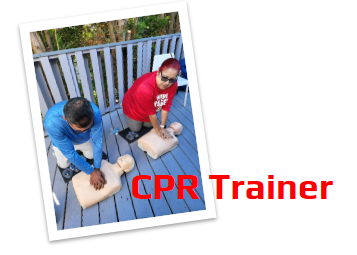
My passion for helping others drives me to support the professional growth of other providers. Since January 2024, I have been collaborating with the Proveedoras Unidas Association, offering training and workshops to empower childcare providers in our community.
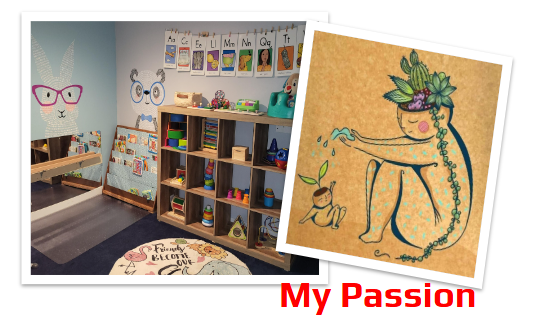
My ultimate goal is to contribute to the childcare sector, providing the tools and knowledge necessary to achieve success. I firmly believe that collective growth benefits the children and families we serve.
In my free time, I love to paint, draw, crocheting, embroidery, build with Legos, and write in a journal. I also really enjoy cooking for my family. Food is a way to connect with our Puerto Rican roots and strengthen our family ties.
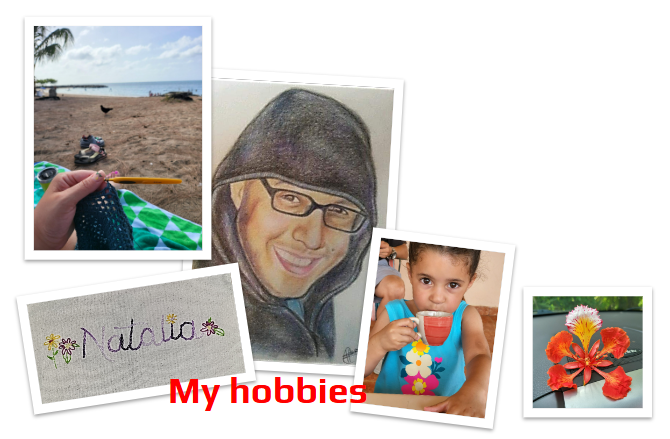
Contribution by Eunice E. Heredia-Colon, MEd.

